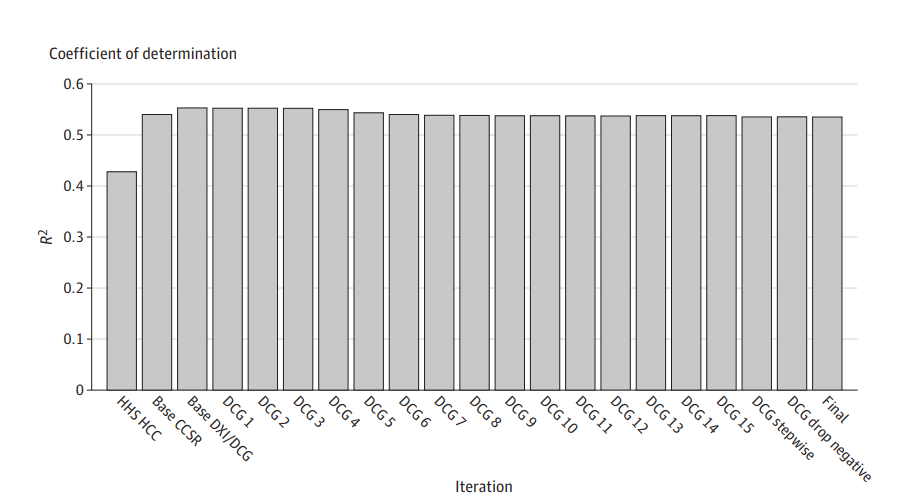
Introduction: The Evolution of Risk Adjustment in Healthcare
Risk adjustment models are critical tools in the healthcare industry, used to predict costs and allocate resources effectively. In 2021, these models oversaw the distribution of over $850 billion in the US alone. However, the traditional systems, such as the Hierarchical Condition Categories (HCCs), have remained largely unchanged for two decades. Because of the development of machine learning (ML), we stand on the brink of a significant shift in how we approach risk adjustment, offering a promise of increased accuracy and reduced vulnerability to fraud.
A Novel Machine Learning Approach
A study from Boston University introduces an innovative ML algorithm that adheres to the fundamental principles of risk adjustment, yet capitalises on the vast capabilities of modern computing. By refining the Diagnostic Cost Group (DCG) framework and Diagnostic Items (DXIs), they aim to enhance the prediction of healthcare spending. A key aspect of their approach was to involve physician panels in the scoring process, ensuring clinical relevance and addressing concerns of gameability.
A Significant Improvement in Predictive Capability
The study’s results were remarkable. With over 65 million person-years of data and 19 clinicians’ expertise, the base DCG model outperformed traditional models significantly. For instance, it achieved an R2 of 0.535, compared to 0.227 and 0.428 of other models, indicating superior predictive accuracy. This leap forward was achieved with an 80% reduction in parameters, underscoring the efficiency of the ML approach.

Discussion: AI in Healthcare Risk Adjustment
The DXI DCG system introduces a new level of sophistication in organising diagnostic information. By automating the aggregation into DCGs, they’ve simplified the model without sacrificing predictive power. This development not only facilitates estimation on smaller samples but also reduces the model’s susceptibility to upcoding, a common concern in risk adjustment.
Conclusions: A Brighter Future for Risk Adjustment
Risk adjustment in the healthcare industry enters a new age as a result of this study. The ML algorithm simplifies the complex task of predicting healthcare spending, prioritises serious conditions, and reliably prices even rare diseases. With these advancements, we move towards a system that is fairer, more accurate, and less prone to manipulation.
